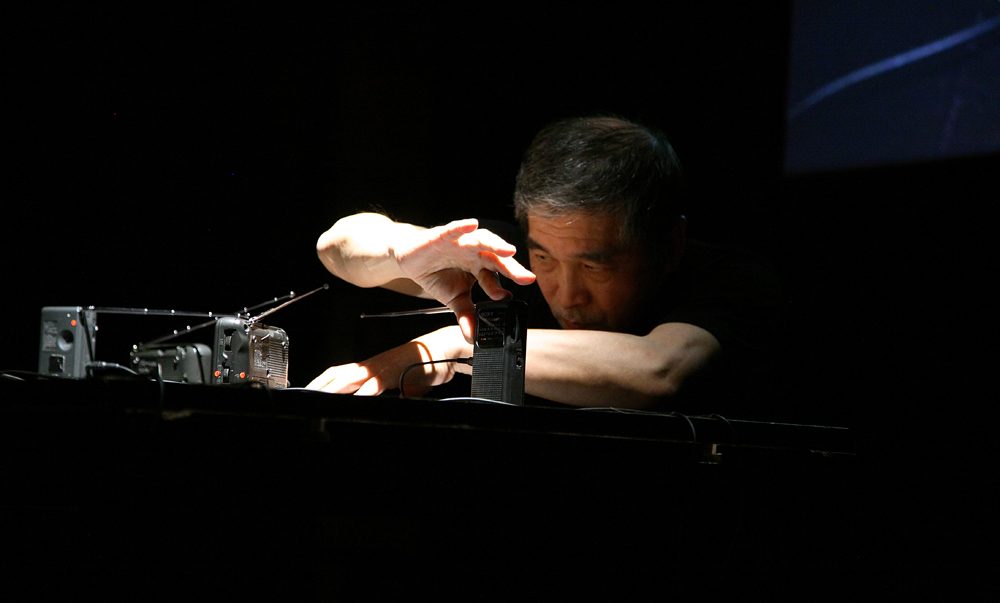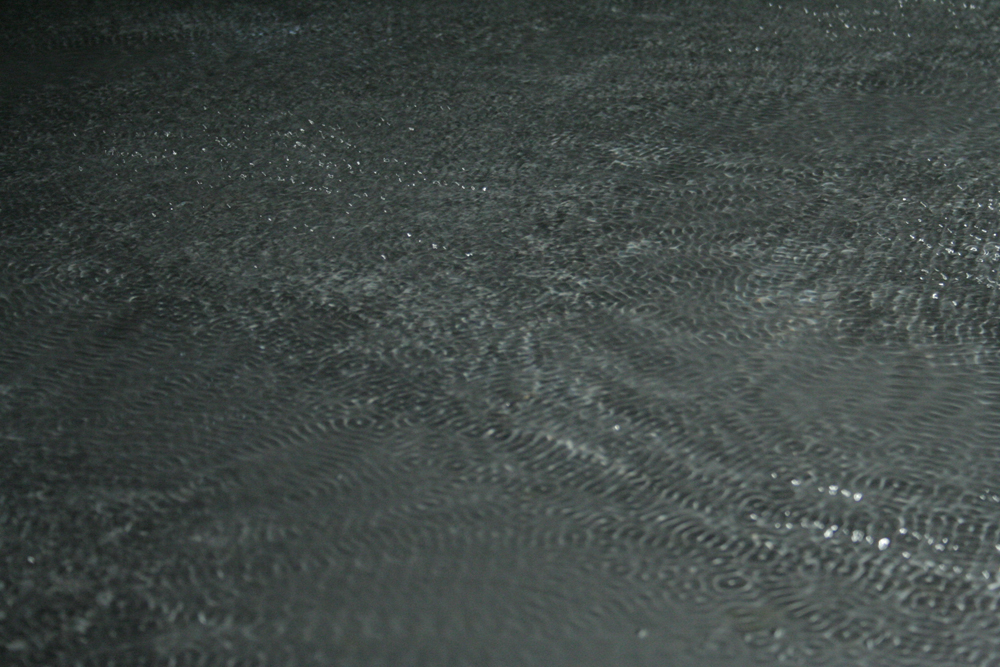
Wormit Reservoir
Akio Suzuki John Butcher
Akio Suzuki and John Butcher performing in an old underground reservoir in Fife.
Arika have been creating events since 2001. The Archive is space to share the documentation of our work, over 600 events from the past 20 years. Browse the archive by event, artists and collections, explore using theme pairs, or use the index for a comprehensive overview.

Akio Suzuki and John Butcher performing in an old underground reservoir in Fife.

Performances at Anthology Film Archives NY by Jandek, Loren Mazzacane Connors & Alan Licht, and MV & EE.

Performing with hand built radio transmitters, which react to interference in the atmosphere and the electrical impedance of his hands, his radio art is a form of social practice; a statement in opposition to mass media.

A prison abolitionist punk video-poetry-music mash up about our fucked-up dystopian society, RoboCop, kids toys and criminality.
Sean and Taku share an interest in structure, space and time. A spartan, abstract, considered and surprisingly musical set.

Using violin and cello the duo map out a twilight sonic world that seems to tread the faultlines between improvisation and composition.
A public gathering that brings together local artists, musicians, activists, and community organisers.

Like walking through the abstracted amalgamation of 30 or so storms, trays of water shaken by thunder, light bouncing off pools.

A panel exploring the poetics of abolition. “Poetry is not only dream and vision; it is the skeleton architecture of our lives. It lays the foundations for a future of change.”
A talk entitled ‘The Conquest of the Universe’: which delves into the connections between the underground filmmakers and musicians in New York in the early 1960s

The pieces in the programme switch between silent film/ imageless sound, but we wanted to have a think about how ideas can take up residency on either side of the sound/ image border, without having to inhabit both at the same time.

Can we find ideas of queer anarchism, failure and low theory in popular culture?